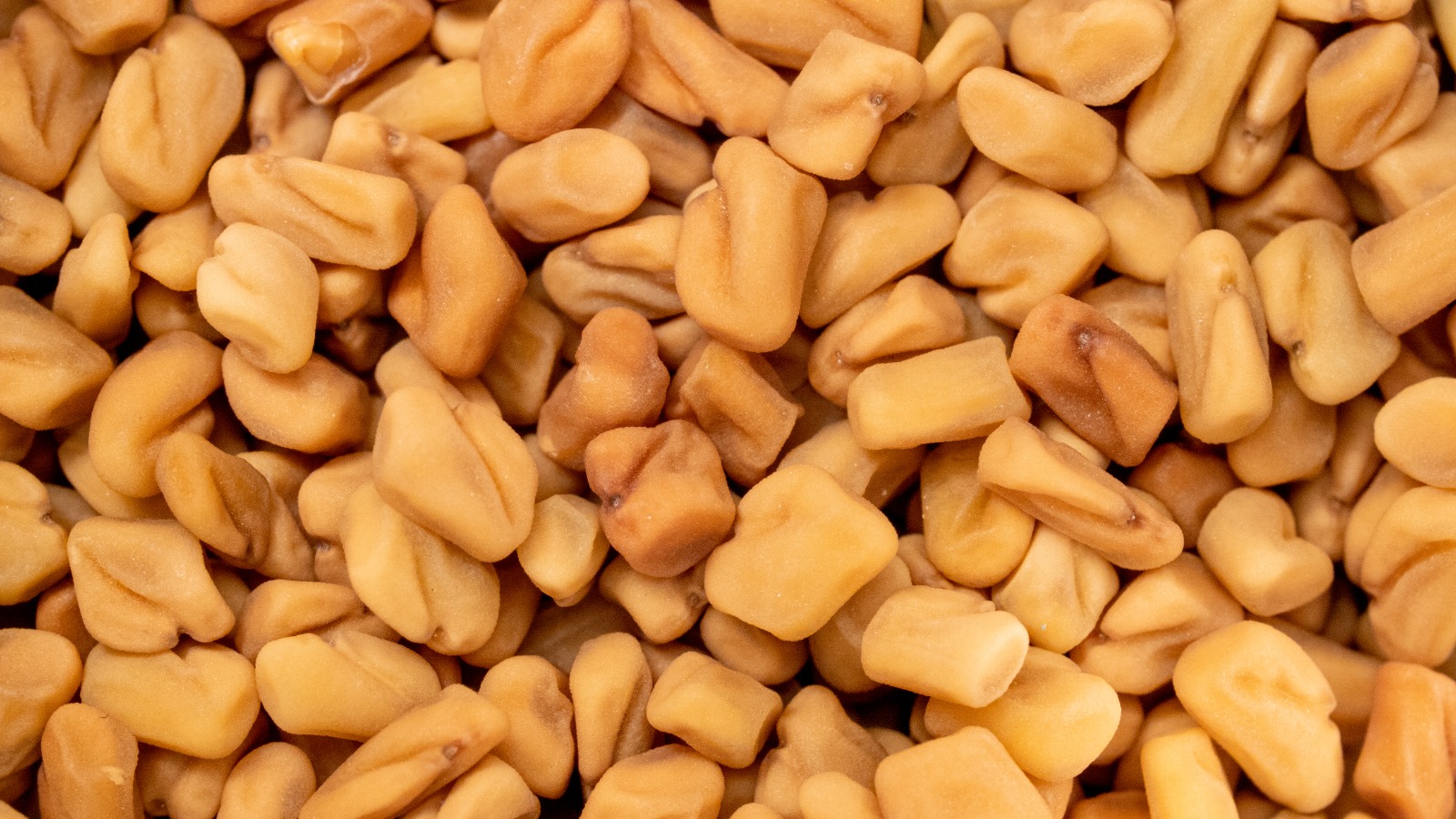Fenugreek seeds also called as Methi dana is a herb that has been long used in alternative medicine. Fenugreek is an aromatic plant which has many uses, both culinary and medicinal.
Type-2 Diabetic Mellitus is a common metabolic disease. Diabetes affects the body’s ability to convert food to energy. The body breaks the ingested food during the digestion process into glucose and releases it to the bloodstream. As the sugar levels rise in blood, a message is sent to pancreas for release of insulin, which further allows the body’s cells to use glucose as energy.
Fenugreek seeds claim to have anti- diabetic properties, and can improve insulin resistance – yes this isTRUE!
They are high in soluble fibre which helps in lowering blood sugar levels by slowing the digestion and absorption of carbohydrates. An addition of fenugreek seeds can have a synergistic effect along with diet control and exercise on fasting blood glucose and HbA1c levels, but is of delayed occurrence.
People with high BMI, following a calorie deficit diet can be recommended to consume methi dana powder or infused water to control blood sugar levels or insulin resistance by their health practitioner. Methi Dana- 10g/day, when consumed daily for 4-6 months together have shown to lower HbA1c and fasting blood sugar levels. So it is best to monitor closely as the effect of the herb shows slowly and is always suggested to keep your doctor or dietician in loop to adjust your medication dose or diet as and when necessary. Like with other blood sugar-reducing herbs, there is the risk that fenugreek may cause blood sugars to go too low, when taken alongside prescribed medication. As a result, the dose of your anti- diabetic medication may need to be changed.
Fenugreek seeds are also a rich source of vitamins, minerals and antioxidants. Due to their high antiviral properties, they are commonly used as an herbal remedy for cold and flu.
The author is a Clinical Nutrionist.







